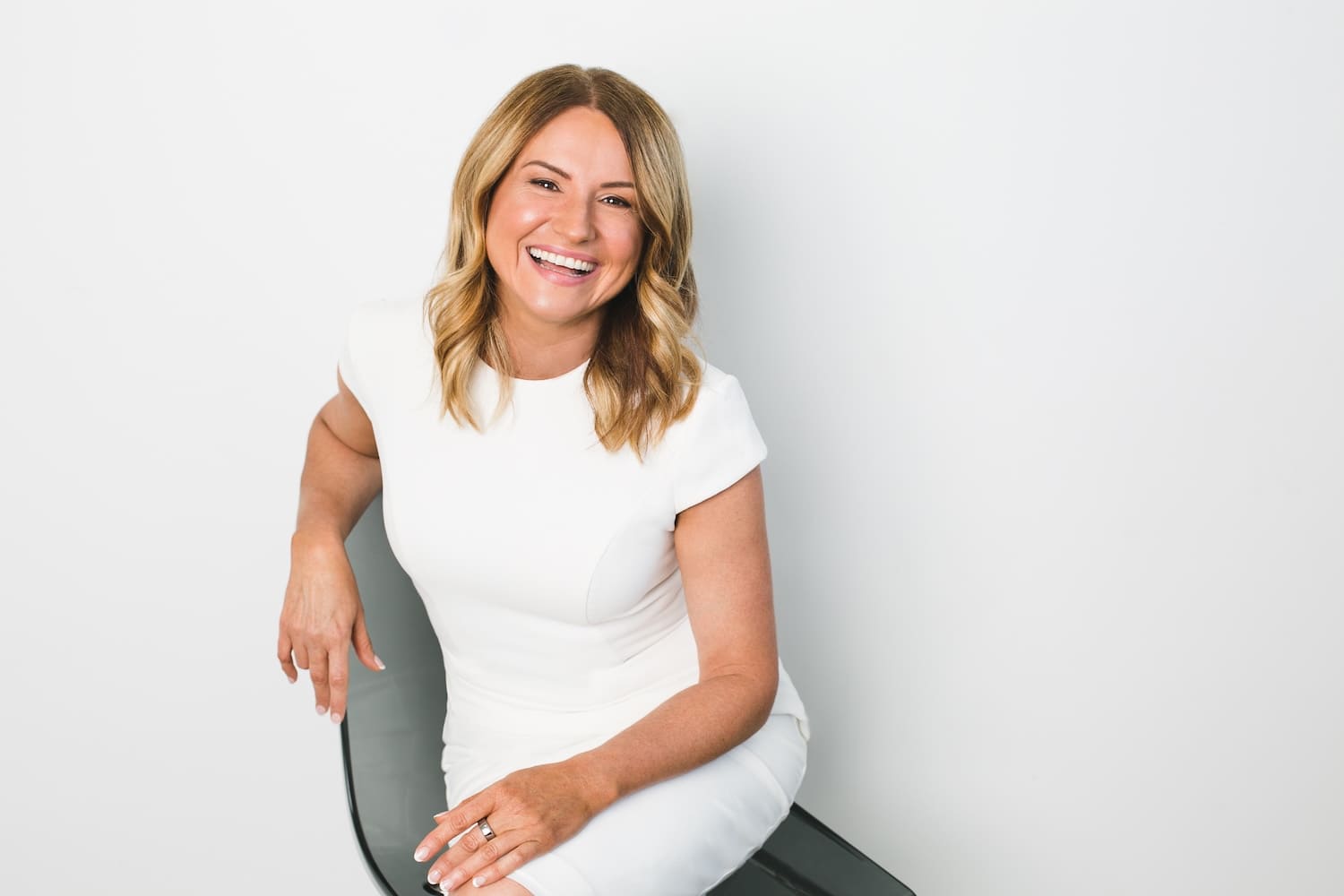You will spend 30% of your life sleeping
Neuroscientist Russel Foster calls sleep ‘the single most important behaviour experience humans have’.
Once you do the maths, it’s hard to argue with his statement. Over an average 90-year lifespan, roughly 32 years will be spent sleeping.
Yet we are never taught how to sleep or how to go to sleep. Most importantly, we are never taught how to rate our sleep.
This is pretty weird when you consider we have training available to us in the most ridiculous of things like the wiki guide to How to Use Kitchen Scissors (83k views to date!).
But are you any good at it?
We tend to treat sleep as a natural behaviour that, like breathing, doesn’t need to be taught. But the truth is that most of us are really rubbish at sleeping (and breathing for that matter).
We have our dysfunctional lifestyles to thank:
– chronic high stress
– lack of light exposure
– circadian-clock highjacking by smart devices at night
– sitting overdose
– obliteration of the gut microbiome (gut bacteria influence the circadian clock) by high sugar, high fat, low fiber diets
All these points lead to:
– nutritional deficiencies affecting sleep neurotransmitter production
– topsy-turvy production of hormones (feel energised at bedtime and sluggish on waking? Your circadian rhythm is f*#$%d up)
– An epidemic of chronic inflammation, probably one of the most under-discussed causes of poor, unrestorative sleep.
Do you regularly wake up feeling like roadkill?
Just because you’re sleeping through the night, it doesn’t mean you’re getting enough good quality sleep.
Most clients I work with fall into 2 self-assessed categories: either a bad or a good sleeper. I never get someone who says “I’m a mediocre sleeper”. That’s because we assume that if we sleep through we must be sleeping right.
Yet when I ask them to rate their energy levels on waking many of the ‘good’ sleepers score poorly.
How good is your sleep?
Forget sleep tracking devices. The technology isn’t there yet to give us 100% accurate information. Save your money and wait a couple of years. In the meantime, the most useful questions you need to ask yourself are these:
1. Do you need an alarm to wake up?
2. Do you feel groggy on waking?
3. Does it take you a long time to get going in the mornings?
4. Is your short-term memory declining?
5. Do you need caffeine to keep you going?
If you’ve answered yes to any of the above it is very likely that your sleep is suboptimal and impacting your energy and mental focus the next day.
How To Fall Asleep Faster:
Difficulty in falling asleep is often indicative of a glycine deficiency. This amino acid helps produce GABA, the main calming neurotransmitter in the brain.
Individuals with a genetic variant called MTHFS require higher than average levels of glycine.
Signs of glycine deficiency:
– Difficulty falling asleep or going back to sleep after waking up at night
– Low stress resilience
– Anxiety
HACK YOURSELF:
Try 1g of pure glycine at bedtime in a little water. You can safely go up to 3g. Glycine can be purchased from health food shops or online from iherb.com.au
